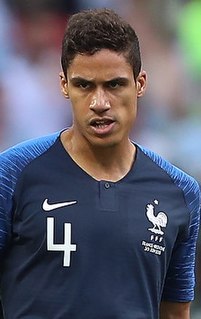A Quote by Michael Kenna
I would strongly encourage anybody embarking on photography as a career to embrace and enjoy the whole process. Being a photographer can be a wonderful way to experience the world.
Related Quotes
To us, the difference between the #? photographer as an individual eye and the photographer as an objective recorder seems fundamental, the difference often regarded, mistakenly, as separating photography as art from #? photography as document. But both are logical extensions of what photography means: note-taking on, potentially, everything in the world, from every possible angle.
When you really look back and take the wider perspective, it makes total sense that if the status quo is to remain the way it is, women will not be lauded and applauded for bonding with and helping each other, because it would destroy the world order if women organized; it would topple the whole thing. And so, it makes perfect sense to me that the current order of things would encourage the cat fights and encourage the comparisons and encourage the girl-on-girl hate that you see just being promoted everywhere.
I've always thought that each album would be my last one, and then I would be out of ideas and I would move to photography or something. I thought it was transient and it's not because of this entrenched career stubbornness that I've done it for so long, it's just something I enjoy doing, and it's the most direct way I can express something.
No individual photo explains anything. That's what makes photography such a wonderful and problematic medium. It is the photographer's job to get this medium to say what you need it to say. Because photography has a certain verisimilitude, it has gained a currency as truthful - but photographs have always been convincing lies.
If it's really true, that the museum at Liberty University has dinosaur fossils which are labelled as being 3000 years old, then that is an educational disgrace. It is debauching the whole idea of a university, and I would strongly encourage any members of Liberty University who may be here to leave and go to a proper university.
Different levels of photography require different levels of understanding and skill. A "press the button, let George do the rest" photographer needs little or no technical knowledge of photography. A zone system photographer takes more responsibility. He visualizes before he presses the button, and afterwards calibrates for predictable print values.
































